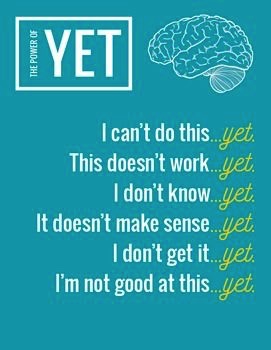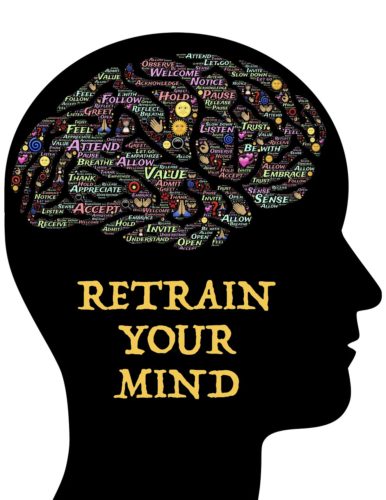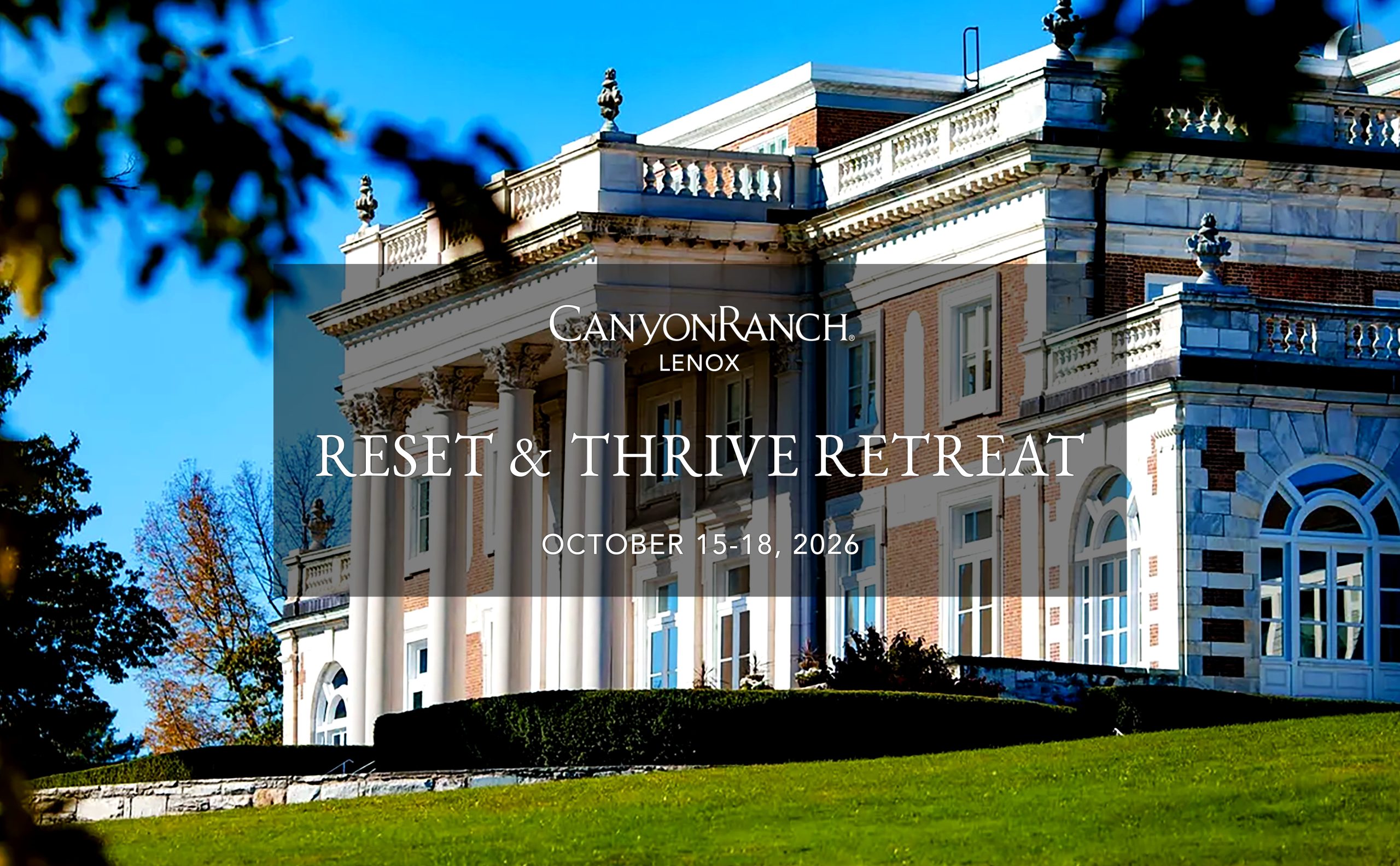By Randy Bass-Mendel

Our mindset on learning and trying new things is one of the fundamental skills that guide us from a young age to adulthood and continues to develop throughout our lives. Beyond academic intelligence, research suggests that having a growth mindset has other advantages, including coping better with transition, higher abilities to regulate, learning grit and pro-social behaviours.
Fixed Vs. Growth Mindset
The use or misuse of praise can encourage both a fixed mindset or growth mindset depending on what or how we praise and give feedback. To develop the growth mindset, we must remember to praise the process and NOT the person. Praising the process helps remind children that we are constantly learning. The problem with praising the person, such as “you’re so clever” or “you must be so talented,” is that it doesn’t tell children what they need to do next time, and therefore it will become more challenging to develop past a fixed mindset.
Have you ever seen your child give up when learning a new skill? Have you noticed that they get overly frustrated if they don’t see success come easily? Has your child ever said “I am not good” at a specific task? Children often feel that they are either good at something or they aren’t, but our job is to remind them that we are constantly learning and have to flex our brain in order to succeed. Children need to understand that their brains are muscles, and by practicing and trying new tasks, we are teaching our brains how to get stronger or to have a growth mindset. Our mindsets are what guide our actions, reactions and behaviours, in particular to gaining knowledge and learning new skills.

Young children naturally lean toward the growth mindset as they are curious about their environment, and they explore with all of their senses. They learn through trial and error, as well as through modelling and teaching.
Carol Dweck, Professor of Psychology and author of numerous books on the subject of Mindset, explains: “If parents want to give their children a gift, the best thing they can do is to teach their children to love challenges, be intrigued by mistakes, enjoy effort, and keep on learning.”
I recently attended a lecture and the presenter shared a few thoughts on how we can foster growth mindset within our children:
- Praise effort
- Accept failures
- Ask for explanations
- Express the amount of work put in
- Acknowledge “Your Brain is Growing”
- Praise the PROCESS!
In contrast, here are some ways that discourage growth mindset into fixed mindset:
- Praise outcome
- Criticize Failures
- Tell a child the answers
- Label or judge a child’s work
- Tell them they “tried their best”
- Praise the PERSON and not the process
Finally, there is one tiny word that can make a huge difference in teaching your child to see a new perspective on challenges, and that word is YET. Take any sentence that your child says they can’t do, and just add the word YET, and all of a sudden it adds a new twist, showing them the possibilities of what is to come and helping them to develop their Growth Mindset. When your child says, “I can’t do this” come back and say “…yet.” When they say, “This doesn’t work.” Say to them, “…yet.” Eventually, this new word will creep into their thoughts and will become a part of how they approach new tasks.
Parents and teachers can support young learners in the struggle with this encouraging little word that can lead our children beyond “I can’t.”
For more resources on the subject, visit: http://onetimethrough.com/10-ways-teach-kids-growth-mindset/
Thanks for reading and remember to embrace the power of YET.
—
About

Randy Bass-Mendel has been the Director of Early Childhood Education Director at Solomon Schechter Academy in Montreal for the last 8 years. She has her Bachelor of Education, Degree in Early Childhood and her Certificate in Educational Leadership. Randy has been happily married to her husband Jeffrey for the last 25 years, has two amazing, hard working daughters and a very special puppy.
—
I have written on growth vs. fixed mindset before and I am borderline OBSESSED with this topic. Thank you Randy for giving us such great insight.
I’m not a good cook… YET!!! 🙂




